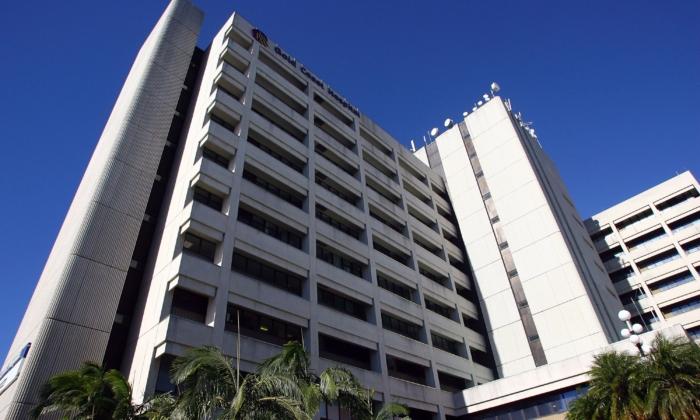Australian Defence Minister Christopher Pyne has called on China to act responsibly and respect the rights of all states in the South China Sea.
“We are not interested in containing China, but we are interested in engaging and encouraging China to exercise its power in ways that increase regional trust and confidence,” Pyne said.
“The building and militarisation of artificial features in the South China Sea, for instance, has not increased regional confidence in China’s strategic intentions.
Open Access and Trade in the Indo-Pacific
The importance of free and open access in the Indo-Pacific region will allow countries to prosper, Pyne said, and allow open markets to facilitate the free flow of trade, capital, technology, and ideas.Referring to China, Pyne said that the region’s economic potential could fall short if countries “withdraw behind walls and withdraw from mechanisms designed to make us stronger.”
“We must welcome competition—not fear it—by holding ourselves, and others, to the rules that extend equal opportunity to all.”
Pyne added that the alliance between Australia and the United States will be strengthened, which will ensure that rules and standards are maintained in the region.
“We value its importance and presence in establishing and promoting the norms and principles that have underpinned the region’s security and prosperity. ASEAN, too, is a vital partnership for us, and central to the Indo-Pacific.”
Australia is also prepared to play its part in defending the rule of law by conducting multilateral activities in the South China Sea, to demonstrate that they are international waters, Pyne said.
“We maintain the right under international law to navigate through the South China Sea and we do so on a routine basis.
Regional Defence
The Morrison government has increased Australia’s total defence spending from 1.9 percent to 2 percent of the national gross domestic product in the 2020-21 period.“This will show the world Australia is not an ‘international bludger,'” Pyne told Fairfax. “The capability build-up is a critical factor in being a serious country in terms of defence and foreign affairs.”
Since the publication of the Defence White Paper in 2016, actions have been taken to ensure the protection of Australia’s sovereignty.
The new fleet of submarines will replace the current Collins-Class submarines that are scheduled to leave service in the 2030s. The deal, which is worth A$50 billion ($36 billion), will be the largest defence procurement program in Australia’s history, according to the Department of Defence.
The Navy chief, Vice Admiral Michael Noonan, said the Attack class will provide Australia with a regionally superior submarine.
“The Attack class will meet the Navy’s capability needs and help protect our security and prosperity for decades to come,” said Vice Admiral Noonan.
The modernisation of regional forces, where countries can operate at a greater range and with more precision, will be one of many defence challenges facing Australia over the next 20 years, it said.
“The growth in the capability of China’s military forces is the most significant example of regional military modernisation.
“Instability in our immediate region could have strategic consequences for Australia,” the report read.
“The Coalition Government’s $90 billion continuous shipbuilding program will drive jobs growth for decades into the future,” she said.





Friends Read Free